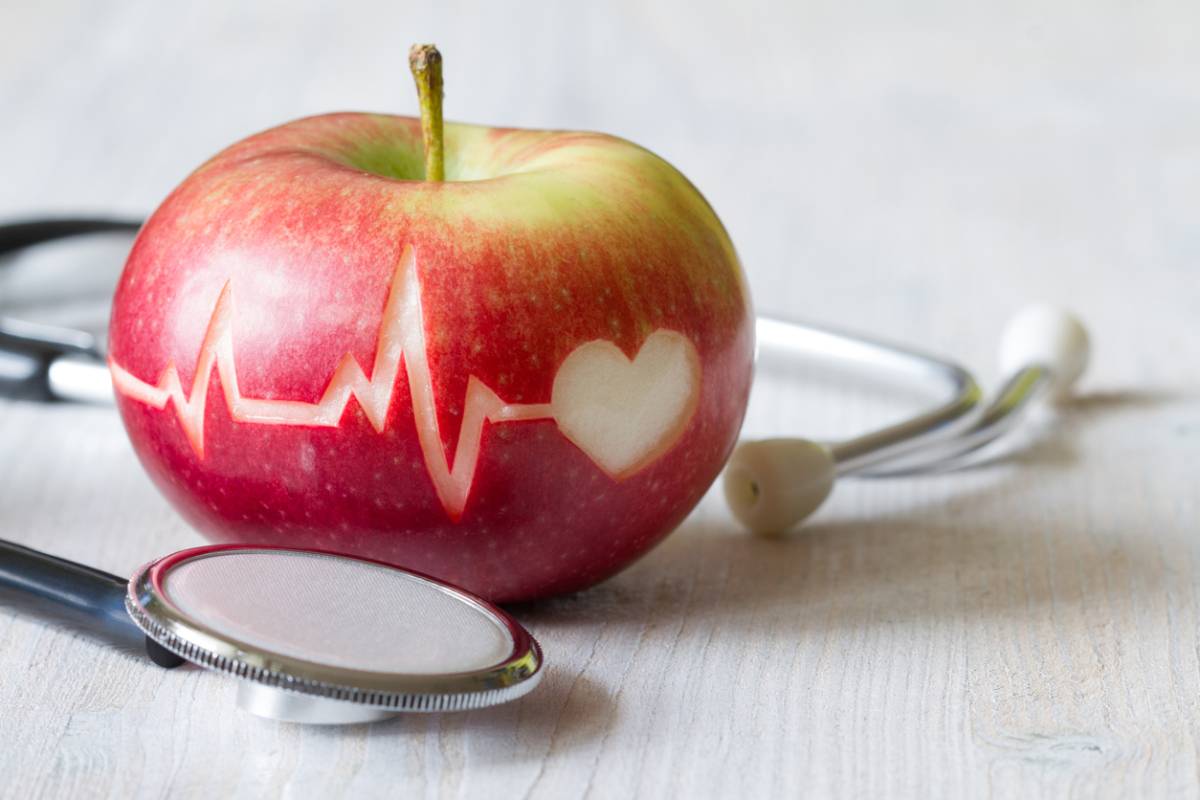For many people with cancer chemotherapy is a necessary part of treatment following a positive cancer diagnosis with 3D digital mammography. Unfortunately, chemo isn’t just hard on cancer. The treatment can damage healthy cells and comes with a wide variety of unpleasant side effects. Below we have a guide with tips for eating well during chemo.
Tips for Eating Well During Chemo
As a result, chemo can make it tricky to give your body the fuel it needs to fight the cancer and the effects of the treatment. If you’re having a hard time finding ways to eat well through chemotherapy, then there are a few tips you can try.
Deal with Nausea Before You Experience It
Nausea is a common side effect of chemotherapy, which is why doctors commonly prescribe anti-nausea medications prior to starting treatment. These drugs are most effective if taken as a preventative, so you should follow your doctor’s instructions rather than waiting until you feel sick.
Choose Gentle Foods
Your stomach is going to be sensitive throughout your chemotherapy treatment. To reduce gastrointestinal discomfort, you should stick to foods that are gentle on your stomach. That means avoiding foods that are spicy, high in sodium, greasy, or sugary.
Take It Slow
You may not be up for big meals during treatment. In order to make sure you stay hydrated and well-fed, you should make sure you’re eating and drinking small amounts throughout the day.
Sip on water and other cool, light liquids to maintain adequate hydration, and try to keep healthy snacks around. When you do sit down for meals, select small portions and take your time eating. Chew slowly and thoroughly.
Talk to Your Doctor about Drug Interactions
Chemotherapy and other medications your doctor may use have the potential to negatively interact with supplements and certain foods. Grapefruit is a common concern and should be avoided during chemotherapy.
If you are taking any vitamins, supplements, or additional medications make sure you clear them with your doctor before taking them in conjunction with your cancer treatment.
Avoid High-Risk Foods
Chemotherapy is hard on your immune system and can make you more vulnerable to viruses and bacteria. Until your immune system recovers, you should avoid foods that are more likely to introduce bacteria into your body.
- Examples include:
- Unpasteurized dairy
- Sushi
- Deli Meat
- Fast food
- Buffet-style restaurants
Essentially, anything that has been left out or hasn’t been recently heated has a higher risk of bringing bacteria into your body. In the same vein, that means you should be thoroughly washing produce and avoiding cross-contamination while cooking.
Some Calories Are Better Than No Calories
Maintaining a well-balanced diet is an important part of helping your body manage cancer and chemo. With that said, there are going to be days when your nausea gets the better of you. On those days, it is better to eat whatever your stomach will take rather than eating nothing at all.
Include Plenty of Protein and Fiber
Protein and fiber are always important, but they are especially crucial during chemotherapy treatment. You can include both in your diet with the regular addition of things like oatmeal, meat, lentils, beans, vegetables, and whole wheat or rye breads.
Avoid Alcohol Entirely
Chemotherapy is hard on your liver to the point where it can’t handle much else. As a result, experts typically suggest that cancer patients should avoid all alcohol. In the case of a special occasion where you would like to join in a champagne toast or a glass of wine, talk to your doctor first.
The Best Defense Against Chemo
There are cases where chemotherapy is your best tool for beating cancer, but if you want to avoid chemo in the future then your best defense is prevention. Even if you have no family history of breast cancer, you should perform regular self-examinations.
You should also be visiting your doctor for regular breast cancer screenings in Houston. To learn more about breast cancer screenings and the factors that determine when you should start having regular exams, talk to your doctor today.


